This is a ceaselessly interesting, knowledgeable and evocative book about France over thousands of years. Is it at all likely to have been produced by a French writer? Though it’s about some deeply serious subjects, it’s very amusing; it makes no attempt to constrain itself within an overarching theoretical framework; it would be impossible to extract from it a grand statement beginning ‘The French are all…’; it is pragmatic, full of enterprising scholarly initiative and a gift for observation without intruding. Most strikingly, it’s a book about France in which the author has profitably spent a good deal of time outside Paris.
Perhaps my experience of French students of their own country is limited, but it is striking that Graham Robb has been able to disprove a few accepted truths by getting on his bicycle and going to take a look at stuff. I don’t suppose Michel Foucault ever thought of riding a touring bike up a mountain in the course of his research, and neither have most French scholars. In my view, Robb is a national treasure twice over – a British one, and he ought to be a French one too.
It is not quite an orthodox history. There are 18 chapters, in chronological order from the earliest Gauls to the eruption of the Gilets Jaunes protests. But it is not especially interested in covering the ground, and this is not the place to go for a narrative account of the Revolution or the Revocation of the Edict of Nantes. Instead, what we have are distinct episodes of particular interest. Some are recognisably grand subjects, such as Napoleon’s character, the medieval Cathars or the history and significance of the Tour de France. Other treatments are more indirect – for instance that of the immensely rich English prostitute who funded Napoleon III’s career. The Dreyfus affair involves a long discussion of who, exactly, could be considered truly French; it is approached through the story of a French cabin boy, who was abandoned on a tropical island to be brought up by the ‘savages’, returning to Second Empire France 17 years later in utter bewilderment, reminiscent of the novel Paul et Virginie.
Robb began his career as a literary scholar, but is deeply interested in the impact of place. Many chapters start from a fascination with a moment when place, explanation and history combine, and often contain accounts of adventurous weeks of cycling, along with the cheerful presence of his wife Margaret. In one, he tracks down an elm tree said by 16th-century mapmakers to stand at the centre of France. In another, he succeeds in identifying the site of a pre-medieval lake quite overlooked by historians of the period. Excavation is at the heart of what this book does. One thrilling episode pulls the proto-scientist Pope Sylvester II from the terrified 10th-century accounts of his contemporaries, who thought he must be in touch with the devil to understand such things.
Robb likes the overlooked source. The chapter on Napoleon is illuminated by the glorious memoir of a woman who was 13 when he arrived on St Helena, and congenitally unimpressed. Betsy Balcombe paints an entrancing picture of an affectionate emperor in exile, agreeing to frighten her little friend, who had heard horror stories about his fearfulness: ‘He walked up to her, and, brushing up his hair with his hand, shook his head, making horrible faces, and giving a sort of savage howl. The little girl screamed.’ It is explained that this was ‘the sound a Cossack soldier made when charging at the enemy’.
All this has a much fresher impact than yet another history quoting the memoirs of St-Simon and Lucie de la Tour du Pin. The book benefits from a combination of an unprejudiced eye looking at the site of the action and an interest in ferreting out the good witness, not just the one used by generations of historians to bolster their own conclusions. It gives the French experience of the first world war a new power – which Robb initially approaches in terms of the number of novelists killed in battle. Another writer, Jean Prevost, lends a description of the Resistance’s retreat to the Vercors real point and passion – I found myself spellbound, looking up travel routes from Geneva to the Vercors.
Robb is, of course, a keen cyclist, and perhaps the highlight of the book is a splendid account of the Tour de France. Beginning in an age where whole villages would lie in wait in forests to try to kill the passing peloton, the Tour reached a point where the riders were being surreptitiously used to carry out experiments in advanced pharmaceuticals. (It has only become modern up to a point – the first black or Asian French rider took part in 2020.) The rules are arcane and perverse. One early rider was disqualified because, mending his broken fork at a village blacksmiths, he had to ask a boy to work the bellows and was therefore deemed to have accepted assistance. Robb knows what it’s like to ride a stage. His understanding of why a rider crashed at a certain point in a series of downhill hairpin bends is brilliantly learned, as well as subjectively convincing. An old Roman road had a new bend put in it in the 1950s, and
the ‘improvement’ upset the cadence of the ancient path. Beloki had crashed at the moment when the original trajectory was interrupted and he was teleported several centuries into the present.
We are taken up to the present, and as well as the Gilets Jaunes movement we get a survey of the clash between the Republic’s commitment to laicity and France’s large and growing population of practising Muslims. Two policemen told a veiled woman on a beach that her dress there was inappropriate; the staff of the satirical magazine Charlie Hebdowere murdered at their desks. Here, for once, Robb seems out of sympathy with the French mentality, linking the defence of topless sunbathing to old-fashioned sexism. I think there’s more to it, and it is, rather, a robust decision to defend some hard-won social liberties.
This is a wonderfully energetic and illuminating book which, while never claiming to arrive at a single grand truth about the nation, makes the reader effortlessly understand just what it was like to live at one of these moments, however atypical its witness. It is the product of a lifetime of dedication, of thousands of cycled miles as well as years spent in libraries; at one point Robb casually remarks that he once read every poem published in France in the 1840s before writing about Baudelaire. In a fragmentary and closely focused history, there are obviously omissions – for instance I would have loved something about music, and Berlioz’s struggles would seem a perfect subject. But we won’t complain when we’re given so much entertainment.
I did wonder, however, whether we are likely to see another such book again. The number of people studying foreign languages at school in Britain has fallen off a cliff. In 1994, there were 29,101 candidates for A-level French. Six years later it had fallen to 7,555, despite the fact that the exam had become much easier. In 1983, my French A-level required me to read Madame Bovary, plays by Molière and Pagnol, and one of Mauriac’s most sophisticated novels, Le Noeud de Vipères. (This was in a comprehensive school in Sheffield too.) These days you can get by having only read Camus’s L’Étranger, which used to be set for O-level. It is hard to see where a future Graham Robb will emerge from. But at least we have him with us now. Take advantage of the fact.
Got something to add? Join the discussion and comment below.
Get 10 issues for just $10
Subscribe to The Spectator Australia today for the next 10 magazine issues, plus full online access, for just $10.
You might disagree with half of it, but you’ll enjoy reading all of it. Try your first month for free, then just $2 a week for the remainder of your first year.


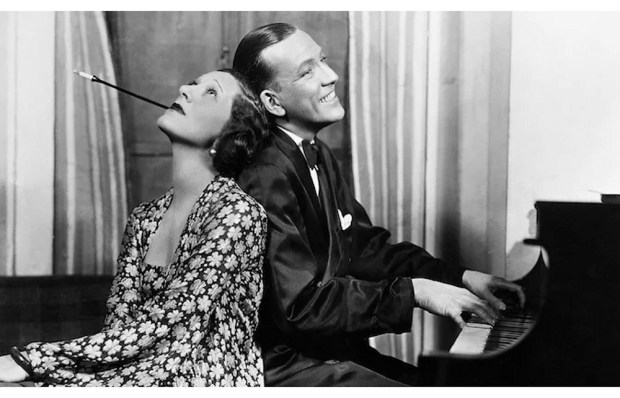
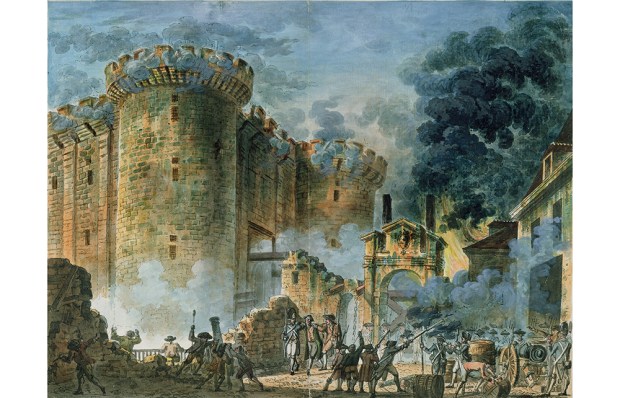

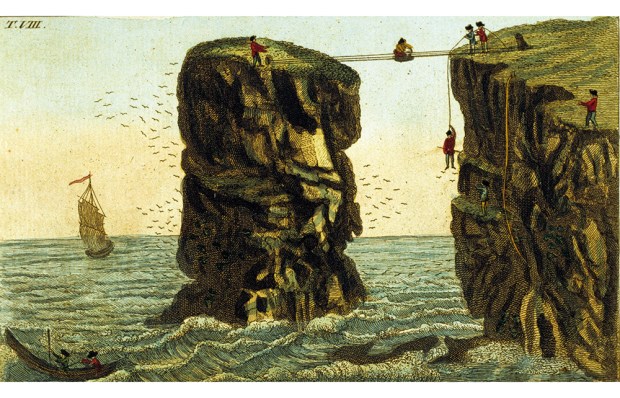
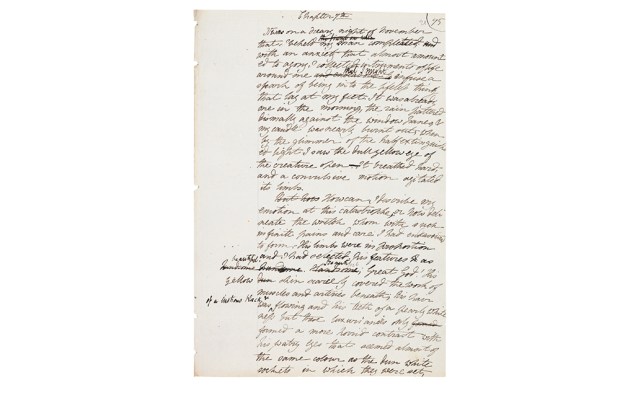
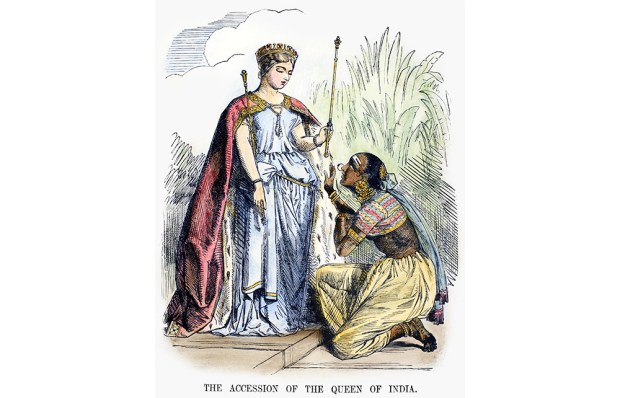






Comments
Don't miss out
Join the conversation with other Spectator Australia readers. Subscribe to leave a comment.
SUBSCRIBEAlready a subscriber? Log in